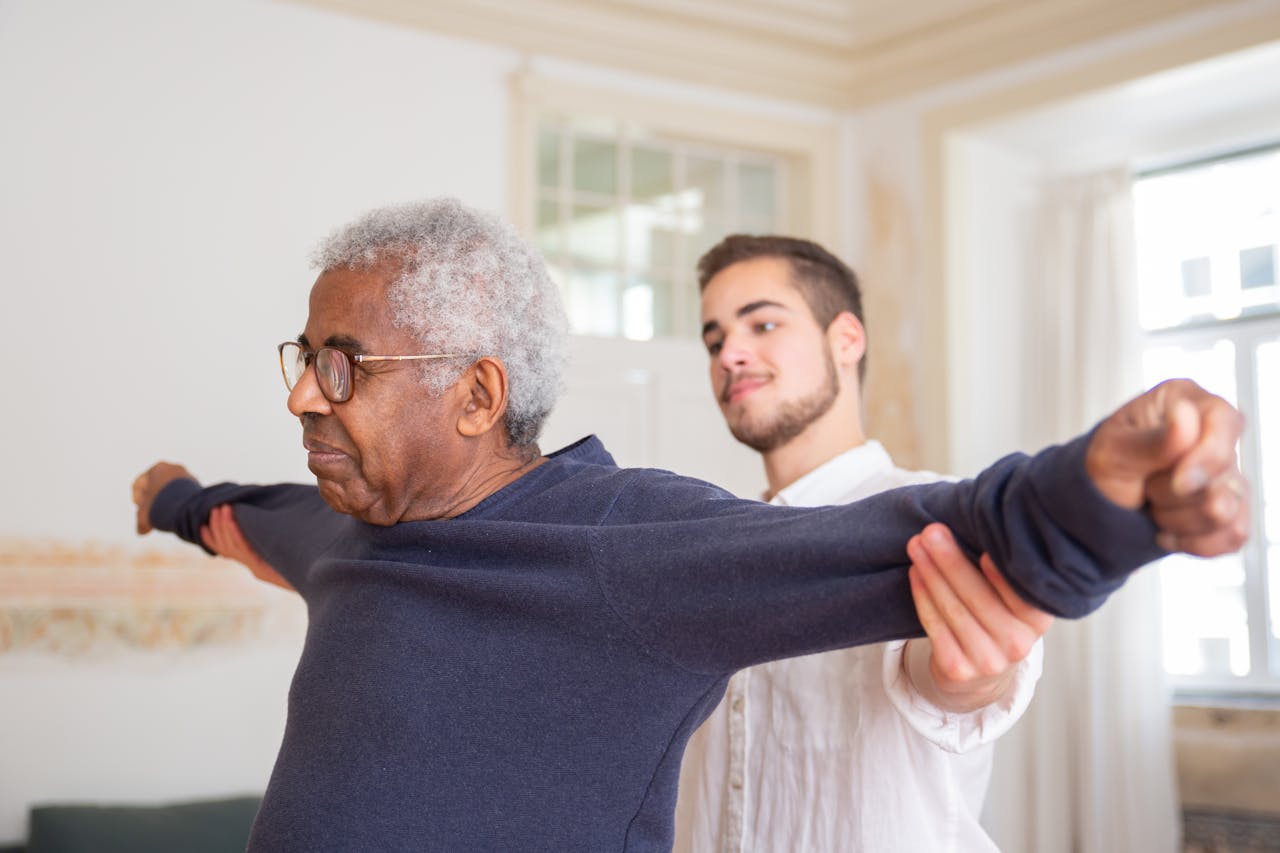Why Exercise Matters at an Older Age
As people age, their bodies naturally lose muscle mass, flexibility, and stamina. Regular exercise helps slow this process and keeps seniors independent for longer. It strengthens the heart, improves balance, and boosts energy levels. Exercise also increases joint flexibility and reduces the risk of bone-related diseases like arthritis and osteoporosis.
Physical Benefits
Even light activities such as walking, stretching, or swimming can make a big difference. Exercise improves blood circulation, strengthens the lungs, and helps regulate blood sugar levels. Seniors who stay active have lower risks of heart disease, diabetes, and depression. It also enhances sleep quality and boosts appetite.
Mental and Emotional Benefits
Exercise is not only for the body but also for the mind. Physical activity releases endorphins — chemicals that help reduce stress and improve mood. Seniors who engage in regular movement are less likely to experience memory decline or cognitive issues.
Safe and Sustainable Habits
The best exercise plan for seniors is gentle but consistent. Activities like yoga, tai chi, or simple home workouts are ideal. It’s important to start slow and consult a doctor before starting new routines. Even 20–30 minutes of daily movement can make a big difference in extending healthy life years.






